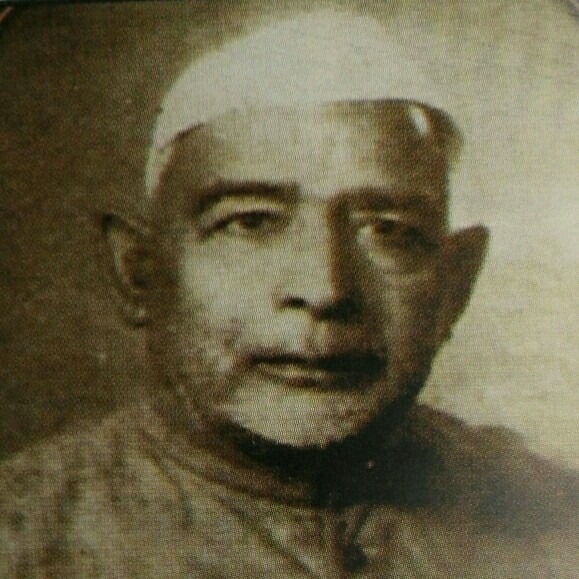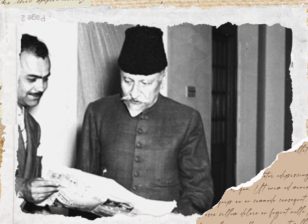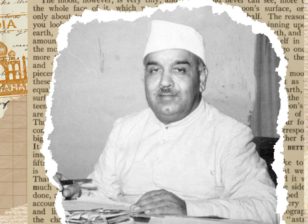Manzoor Ahsan Aijazi — The 15-Year-Old Who Defied the British Empire
In the grand narrative of India’s struggle for independence, some names shine brightly in textbooks, while others — equally courageous and committed — remain in the margins, waiting to be rediscovered. One such forgotten titan is Manzoor Ahsan Aijazi, a fearless revolutionary, a devoted nationalist, and a lifelong servant of the people.
Born in colonial Bihar state, Aijazi joined the freedom movement at just 15. He went on to spend over 13 grueling years in British prisons, shoulder to shoulder with some of the tallest leaders of the time. Whether as Secretary of the All India Khilafat Committee, a key Congress organiser, or an elected Member of Legislative Assembly after independence, his remained committed to liberation, justice, and unity.
Early Life and Spark of Patriotism
Born in 1897 in Dihuli (Shakra) village of Muzaffarpur district in Bihar, Manzoor Ahsan Aijazi showed signs of political awareness and national pride from a young age. At just 15, he entered the Indian freedom movement, a rare feat that set the tone for a lifetime of service.
His involvement began with a fund-raising campaign for the soldiers of the Balkan War in 1913. This early act of civic engagement earned him respect and set him on a path of activism. As a student leader, he later organized multiple protests against British rule and attended the landmark Indian National Congress session where the Non-Cooperation resolution was passed.
From Scientist to Revolutionary
Aijazi held a respectable position at the Sugarcane Research Institute in Pusa, but during the Non-Cooperation Movement, he made a momentous decision, he resigned from his job to dedicate himself entirely to India’s freedom struggle.
He became an integral part of the Khilafat Movement, working closely with the Ali brothers (Mohamed Ali & Shaukat Ali) as Secretary of the All India Khilafat Committee. His leadership extended into the Indian National Congress, where he was an active member of the All India Congress Committee for 27 years and served on the Bihar Working Committee for eight years.
Aijazi’s organizational capabilities were widely recognized. He was elected the Chairman of Reception Committee of the first Bihar Political Sufferers Conference under the Presidentship of Pt. Jawaharlal Nehru.
13 Years in Prison
Aijazi’s fierce commitment to the nationalist cause led to multiple imprisonments. In total, he spent more than 13 years in various British prisons, including Alipore, Agra, Buxar, and Muzaffarpur.
1921 & 1930: Jailed for 1.5 years each for participating in the Non-Cooperation and Civil Disobedience Movements.
1941: Arrested for launching an Individual Satyagraha.
1942: Played an active role in the Quit India Movement; traveled across Bihar to mobilize people and spread Gandhiji’s message. This resulted in a 4-year jail sentence.
Contributions in Post-Independence India
In 1957, he was elected as an MLA from Patepur, Vaishali district in Bihar, serving till 1962. He focused on Hindu-Muslim unity, social reform, and grassroots development. Later, he joined the Praja Socialist Party (PSP) and served as its Secretary, continuing his political engagement with a focus on equity and justice. He remained active in public life until his passing on 17 May 1969. Though history may not have accorded him the spotlight he deserved, his life is a compelling testament to tireless patriotism, communal harmony, and fearless leadership.




